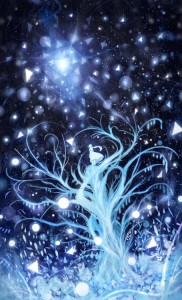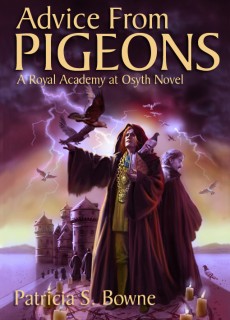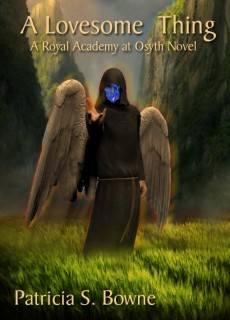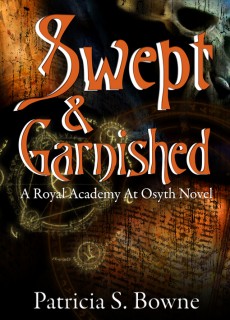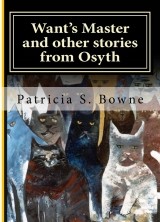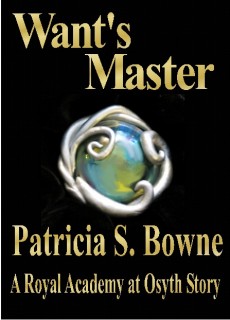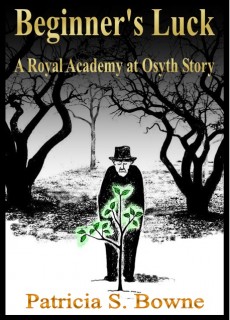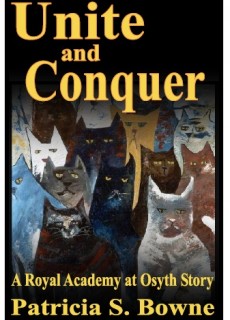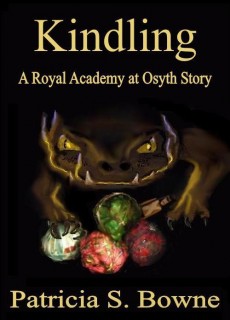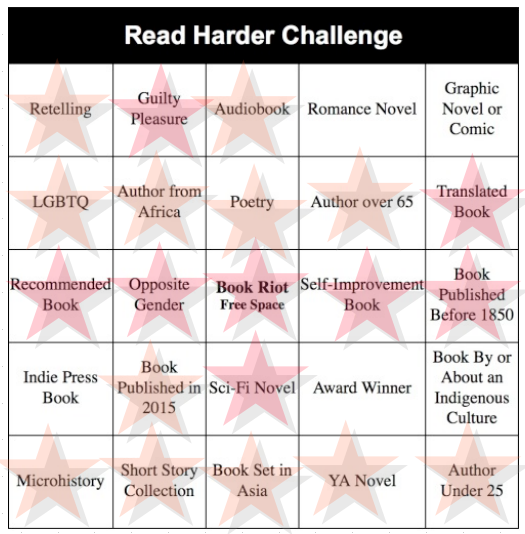 One of my FB friends dared a bunch of us to do the BookRiot reading challenge. But her rules said we couldn’t share the names of the books we read until the challenge was over, so it has caused an almost complete shutdown of book discussion. This was probably to keep the rest of us from being completely crushed by the member who has finished it by now. Still, here I am reading all this stuff that I cannot name till August… plus, it’s taking up the time I might have spent reading stuff I could review on my blog.
One of my FB friends dared a bunch of us to do the BookRiot reading challenge. But her rules said we couldn’t share the names of the books we read until the challenge was over, so it has caused an almost complete shutdown of book discussion. This was probably to keep the rest of us from being completely crushed by the member who has finished it by now. Still, here I am reading all this stuff that I cannot name till August… plus, it’s taking up the time I might have spent reading stuff I could review on my blog.
OTOH, I’ve pretty much given up naming the books I review. I get all my desire to grade people taken care of at work. So here’s where I am on the reading challenge thus far, with no names. Well, one name.
A book written by someone when they were under the age of 25 – DONE. OMG jejune. So many pages of ranting against the evils of church and state, in almost-iambic pentameter. Tiresome tiresome bored bored bored — but it will also count for the ‘before 1850’ item, if I don’t find anything else I like in there.
So, just to cover myself, I am reading a second book written by a young author. This one is an absolute classic that nobody would believe I had not read yet, and it is just as good as that would indicate.
A book written by someone when they were over the age of 65 – I found one, I downloaded it onto my kindle, I read the first few pages. It has a setup similar to Suds in Your Eye, one of my all-time faves — but so far the characters have not popped.
A collection of short stories (either by one person or an anthology by many people) – I have several of these hanging around. One of them looks pretty good, actually.
A book published by an indie press – Having trouble figuring out what counts as indie. Self-published? If so, I’ve got ’em.
A book by or about someone that identifies as LGBTQ – I found a book that was touted as the first by a trans person for a trans audience. It’s pretty good – though I can’t tell how much of its salient points are trans specific and how many are age specific. The first half was much much angst of the young, and the second half has started out with even more angst and an even younger protagonist… we will see.
A book by a person whose gender is different from your own – duh. I mean DONE. But in case I use those for other categories, I just downloaded something by one of the Sad Puppies authors. Manly fiction.
A book that takes place in Asia – I’m about halfway through a fantasy police procedural set in Singapore. It’s fun, it’s well written, it’s not jumping up and down yelling ‘READ MORE OF ME NOW!’ but I might recommend it for a book group I’m in, so I will finish it sooner rather than later.
A book by an author from Africa – I read several books from Africa over the past few years and was getting this ‘same old same old’ feeling whenever I looked at the reviews of new ones. Am I just unable to find a diversity of books from Africa? I thought, and was mightily relieved to find an African author complaining about the same thing. So I have given myself a pass on reading another book about ‘war/famine/abuse/murder is all that happens in Africa,’ and found a sequel to one of the few feel-good books from Africa I’ve read. I’m sure I’ll read this one and enjoy it.
A book that is by or about someone from an indigenous culture (Native Americans,Aboriginals, etc.)
A microhistory – OOH OOH I FOUND THE PERFECT ONE. Somebody in my field! Somebody from a fantastic time in my field! Somebody who created one of the coolest museums ever!
A YA novel – It would be harder to avoid reading a YA novel.
A sci-fi novel – DONE. And I found a medical/physiological one, so there. Nobody’s tricking me into reading about spaceships.
A romance novel
A National Book Award, Man Booker Prize or Pulitzer Prize winner from the last decade
A book that is a retelling of a classic story (fairytale, Shakespearian play, classic novel, etc.) I have one on my kindle. Actually I have two. I could have fifty if I wanted, but two is enough. Take my word for it.
An audiobook – I got one of my book club books on audio, so this will happen at its appointed time. Gotta love scheduling!
A collection of poetry – Found one – a poet I’ve never read a whole book by, but I’ve loved everything he had in anthologies.
A book that someone else has recommended to you – DONE, and enjoyed and irritated by and even blogged on.
A book that was originally published in another language – DONE, and that is the very last time I get a book recommendation off of Jezebel. 400 pages of unadulterated meh.
A graphic novel, a graphic memoir or a collection of comics of any kind – more of a challenge than I expected. If only a new Castle Waiting book would come out! I just do not feel like reading any of the mildly sickly near-horror steampunk things that seem to have taken over so much of the genre, nor do I want to read something earnest about Real Life ™. I have read enough graphic novels to be sick of most all the tropes, and all the manga I follow are done except for Skip Beat…
I updated to remove a recommended author’s name here, because I read the newest book and was so not happy. But at least this category is now DONE.
A book that you would consider a guilty pleasure – DONE. Is it cheating if it’s a rediscovery of something I read parts of when I was 10 and browsing through 1890 issues of ‘Harpers Young People?’ If this is wrong, I don’t want to be right.
A book published before 1850 – DONE. So, so done. See above.
A book published this year – I have two on pre-order. You don’t get any more this year than that, do you?
A self-improvement book – sort of done. And actually acted upon! … though it lost me when it got to the part about standing my socks on edge.
So, there I am. Further than I thought, and six months to go! Eat my dust.

